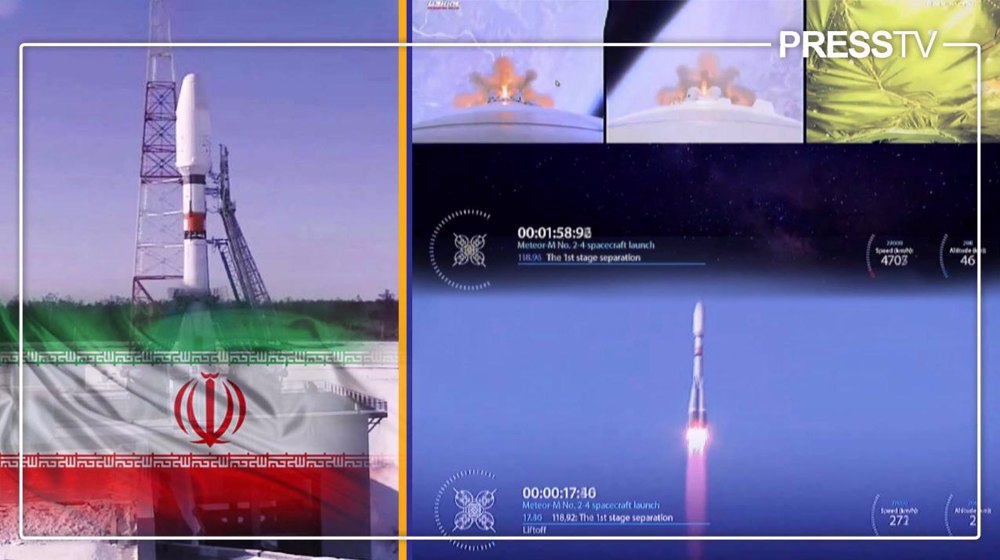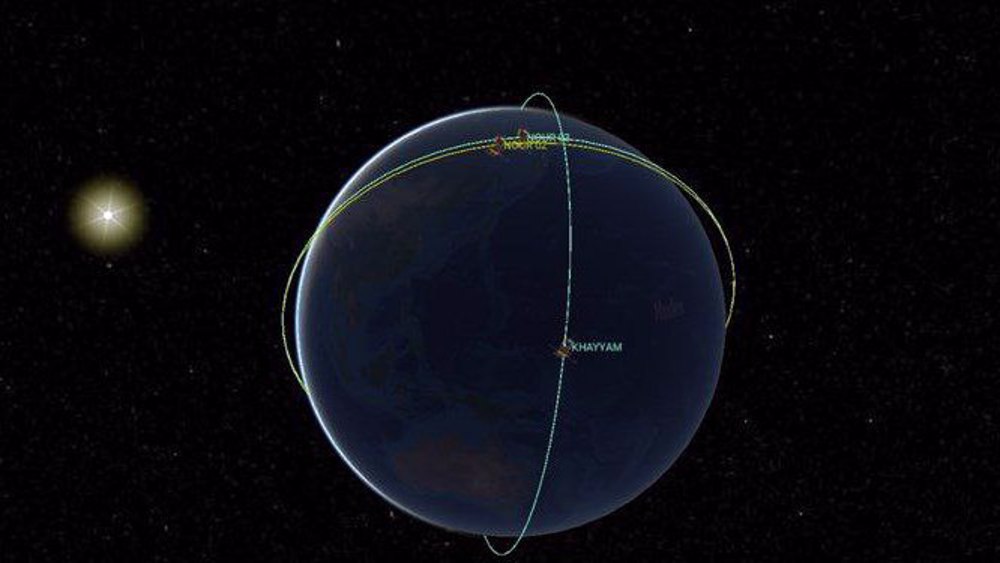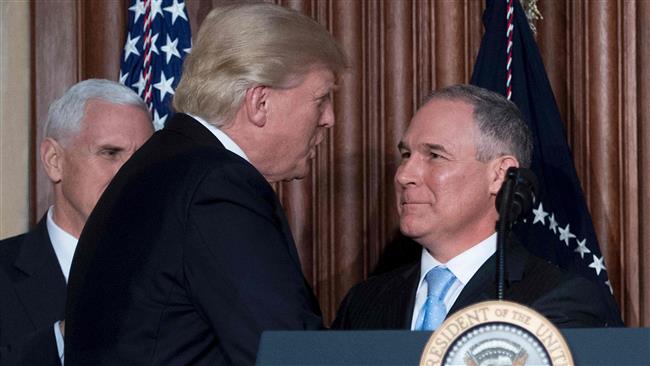More storms expected due to global warming, scientists say
Scientists say the devastating intensity of hurricanes such as Harvey is consistent with global warming trends, rising seas, warming oceans, hotter air, and warn of "bigger and stronger" storms to come.
Kerry Emanuel, professor of Atmospheric Science at the MIT, warned, "The rarity of hurricanes, coupled with the difficulty of measuring rainfall, makes this highly problematic. Harvey's rainfall near Houston is more like a thousand year event. But we expect hurricane rainfall to increase substantially this century as a consequence of warming oceans and atmosphere."
Stefan Rahmstorf, co-chair of Potsdam Institute for Climate Impact Research, said, "A logical consequence of global warming is a global increase of extreme rainfall events. In the case of Harvey, it is the heavy rain, and the resulting flooding, which is the greatest threat. A global increase of daily rainfall records is indeed seen in the rainfall observations. This trend will continue as long as we keep pushing up global temperatures by emitting greenhouse gases."
Richard Allan, professor of climate processes at the University of Reading, noted, "When storms like this one move inland, they tend to die off. However, lingering near the coast, Hurricane Harvey maintained a healthy energy supply and has been able to continue picking up moisture and dumping it over land through sustained and intense rainfall."
Kerry Emanuel also said, "In the pole-ward migration we see a definite climate signal that matches our expectations... We think that as the century progresses, places that are on the pole-ward margins of hurricane zones (for example, Japan and New England) may experience more frequent and more intense hurricanes."
James Kossin, scientist of the US National Oceanic and Atmospheric Administration's Center for Weather and Climate, said, "The pole-ward drift, 53 kilometers (33 miles) per decade in the northern hemisphere, and 62 km (39 miles) in the southern, is highly relevant to society, arguably as much as changes in intensity. Places that are more accustomed to these storms and are better prepared for them may see less exposure, but places that are less well prepared may see more."

James Elsner, atmospheric scientist, Florida State University, said, "The two most noteworthy aspects of Harvey are the rapid intensification, aided by the heat in the ocean, some of which is due to global warming, before landfall, and the stalling over land."
Brian Hoskins, Chair of the Grantham Institute for Climate Change at Imperial College London, said, "Harvey is unusual because it continued to strengthen in the Gulf of Mexico until it made landfall... It is also unusual because the swirling winds in a tropical cyclone usually bring up cooler waters from below, which makes a stationary tropical cyclone decay quite quickly, but this did not happen."
Dr Ilan Kelman, a researcher of Institute for Risk and Disaster Reduction at the University College London, said, "When we build a city or build a dam, we must understand and deal with possible vulnerability to flooding at that point... Hurricane Harvey unfortunately shows yet again how decades of development and politics, which do not factor in environmental extremes, then causes a disaster."
Kerry Emmanuel, added, "We expect that Category 3, 4, and 5 storms will become more frequent globally as the climate warms. But this will vary from place to place. Some places may even see a decrease."
James Elsner also noted "The strongest hurricanes will get stronger as the seas continue to heat. Per-storm losses of life and property will rise.
Jeffrey Kargel, professor, University of Arizona, said, "Whether we can attribute Harvey to global warming, as with any individual weather event, is a questionable proposition. But it is very likely that many more storms like Harvey and Katrina and bigger ones yet are on the way."
(Source: AFP)
Israel intensifies strikes across Gaza on day 200 of genocidal war
China says US still interfering in its affairs despite efforts to stabilize relations
Russia says will intensify strikes on Western weapons storage in Ukraine
‘200 days of livestreamed genocide’: Netizens react as Gaza war marks 200 days
Confirmed: Iran’s star striker Mehdi Taremi joining Italian champions Inter Milan
Google fires more employees over anti-Israel protests
Iran set to build more nuclear power plants: AEOI chief
'Iran’s True Promise ushers in new era for region; strategic implications felt across globe'














 This makes it easy to access the Press TV website
This makes it easy to access the Press TV website